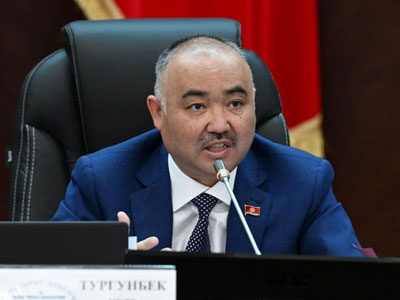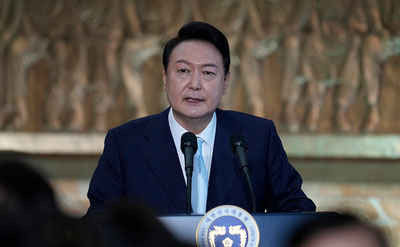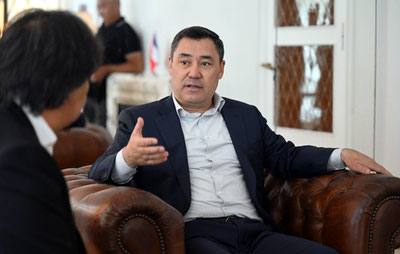On October 8, a special clinic for children struggling with understanding mathematics will open at the Children's Medical Center located in Shanghai, China. There, students will be treated using a "comprehensive" approach, including the use of medication. This was reported by My News, citing local media here.
The clinic is managed by a team of psychiatrists from Shanghai Jiao Tong University and the Institute of Psychology and Behavior Sciences.
Experts believe that the ability to think spatially plays a decisive role in solving mathematical problems, especially geometry. This ability is attributed to the upper part of the brain. According to studies cited by clinic representatives, students who struggle with geometry show lower activity in the upper part of the brain.
In addition, it was noted that a lack of spatial perception and imagination could affect students' ability to grasp other subjects such as algebra, physics, and chemistry.
Experts, using a comprehensive approach that includes medication and working with patients' parents, promise to assist students in understanding sciences. Initially, a diagnosis is made and the causes of the problems related to understanding the subject are determined, followed by the prescription of treatment.
Each patient's appointment costs 316 yuan (approximately 45 dollars). Adults seeking help in learning mathematics can also apply — the clinic emphasizes that there are no age limits. Apparently, the center has gained popularity even before its opening: all slots for October are already booked.
However, local teachers' attitudes towards the opening of this unusual clinic vary. For instance, a senior mathematics teacher from a district in Shanghai, Chan Zeng, supports the program, noting that if medical analysis can identify the reasons for students' weak spatial thinking and appropriate corrections are made, this would help them better understand the subjects.
Another teacher, who chose to remain anonymous, disagrees with this view. According to them, physiological factors do not affect the understanding of mathematics. The difficulties in teaching could be related, for example, to ineffective teaching methodologies or a lack of interest among the students.






